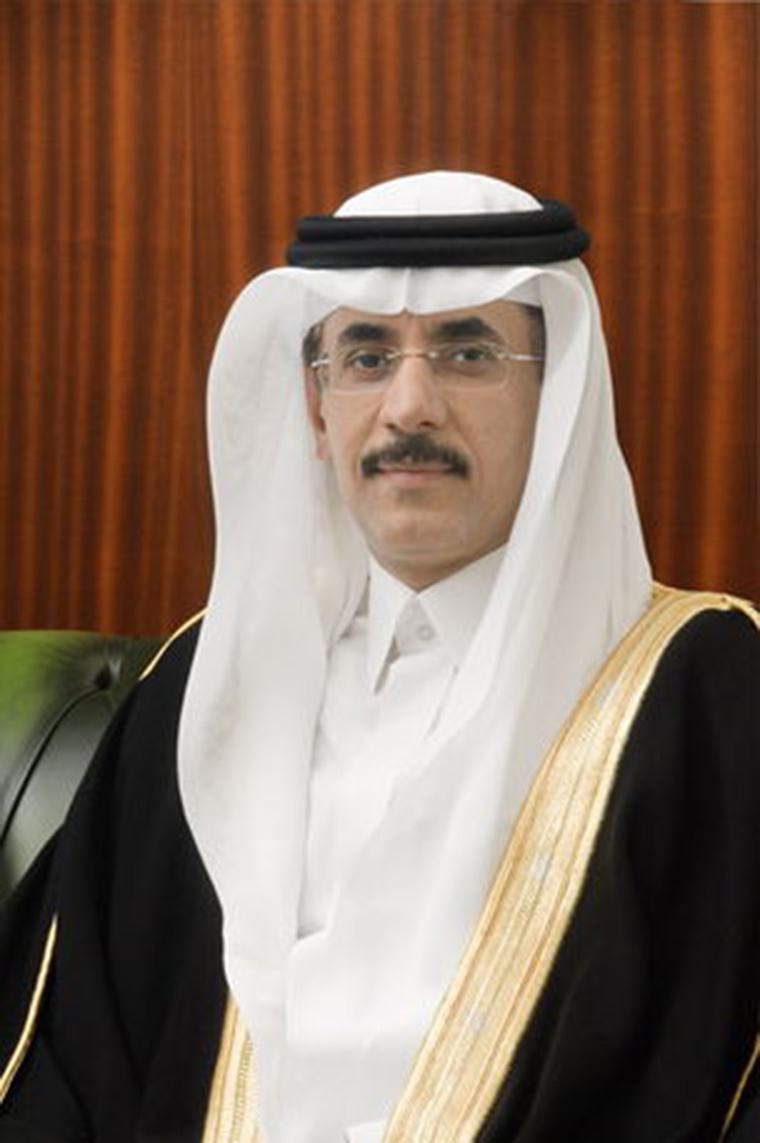Published: March 6, 2012
The problem with Saudi Arabia’s small businesses is that they want either too much money or too little – at SAR3mn (US$800,000), the government’s microfinance programmes are too small for many, while banks show little interest in companies seeking less than SAR70mn. Khaled Al-Aboodi and his colleagues at the Islamic Corporation for the Development of the Private Sector (ICD) are working to change this.
The ICD – part of the Islamic Development Bank (IDB) – is preparing to launch a SAR1bn fund to support the kingdom’s small businesses, which are seen as crucial to diversifying the economy and reducing unemployment. On a recent visit to London, chief executive Al-Aboodi told EMEA Finance the fund will be unique as the first of its kind to invest in small companies.
The fund is part of the ICD’s mandate to develop private companies in its 52 member countries, which has seen it invest US$2.1bn in equity and financing in shariah-compliant companies since it was established 12 years ago.
For this latest fund the Jeddah-based organisation has committed SAR100mn alongside SAR200mn from the IDB. Speaking to EMEA Finance in February, Al-Aboodi said he has discussed the fund with public and private-sector investors and hopes to announce its first SAR400mn closing soon.
The intention is to invest SAR5mn or more in local companies, with a particular focus on housing developers, and then gradually reduce shareholdings to exit when investee companies are large enough to attract bank financing. “Our ultimate goal is to make these companies bankable after five years,” Al-Aboodi says.
Achieving this will take more than money. Companies securing the fund’s support will also receive technical assistance to improve efficiency, focusing on management and ensuring that IT infrastructure is sufficient for their needs.
Al-Aboodi’s confidence in the fund is so strong that he already plans to establish similar initiatives in other countries, even before the Saudi Arabian fund has raised its initial target. He has held discussions in North Africa and says that Tunisia is likely to be the next destination for an ICD-backed small-business fund, due to its new government’s desire to develop the private sector.
Travelling man
Launching these funds is one example of how the ICD is working to provide shariah-compliant finance to develop private companies. The day after speaking to EMEA Finance Al-Aboodi travelled to Albania to work on the ICD’s plans to establish an Islamic leasing (ijara) company. In the same way that the SME fund will support companies in Saudi Arabia, the leasing business will allow the organisation to meet a funding need from a section of the private sector.
The ICD cannot back a project of less that US$5mn in size and cannot invest in conventional leasing companies, so it has established its own shariah-compliant company to support smaller businesses.
The Albanian company is expected to start trading this year alongside similar initiatives in Algeria and Russia. To date the ICD has established ijara companies in Azerbaijan, Uzbekistan and Sudan, with an eventual aim of creating companies in 20 of its member countries in five years. The project in Azerbaijan is in its third year and has so far provided good returns, according to Al-Aboodi.
The plan now is to attract investors so that the ICD can reduce its shareholding in the company. The organisation took the unusual step of providing 100% of the business’s start-up capital due to a lack of interest from local investors. “Our intention in 2012 will be to spin off part of the capital,” Al-Aboodi says.
Waiting for ratings
With so many new projects being launched across three continents, Al-Aboodi is not only thinking about the funding needs of businesses in the ICD’s member countries. He also has an eye on preparing the future financing needs of his own organisation.
The ICD is funded by the IDB, and received US$100mn in 2011. Last year the AAA-rated IDB issued a US$750mn sukuk to fund its operations and Al-Aboodi is preparing for the ICD to be able to issue its own sukuk, which he hopes will happen next year. “We are working hard to achieve a good rating,” he says. “We have to look at our portfolio to fix any problems to allow us to get that.”
Self-financing is an important route for Al-Aboodi if he is to take the business forward. He is already pushing the organisation into sub-Saharan Africa, where it has stakes in Islamic banks in countries including Niger, Senegal and Mauritania.
He also hopes to expand the business into Mali and sees a need for the ICD in Côte d’Ivoire after organising several fact-finding missions to the country to assess its funding needs – the corporation could establish a leasing company as well as supporting logistics and affordable housing companies.
As awareness of Islamic finance grows, particularly in sub-Saharan Africa, and with private-sector funding needed following the regime changes experienced in several North African countries last year, the ICD’s support has never been more in demand. Al-Aboodi and his staff are ready to meet that challenge.


